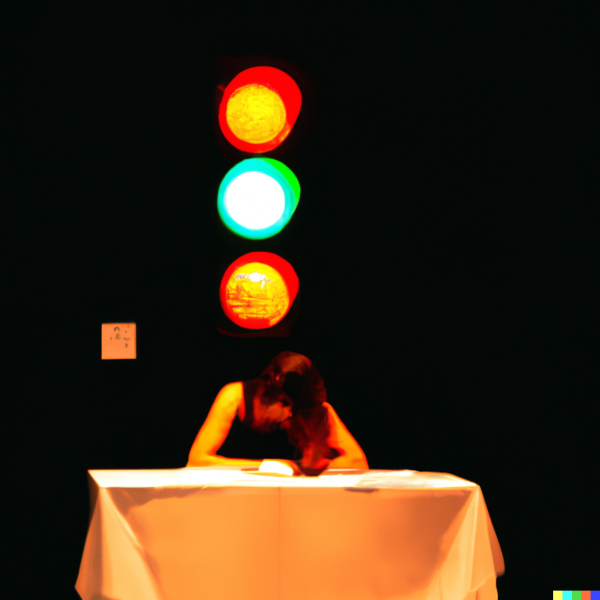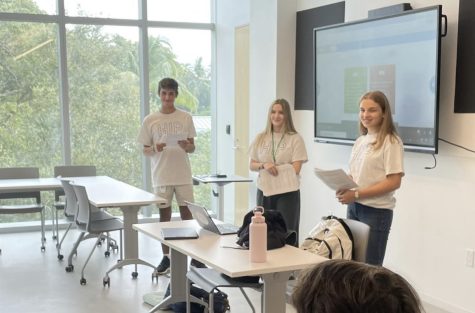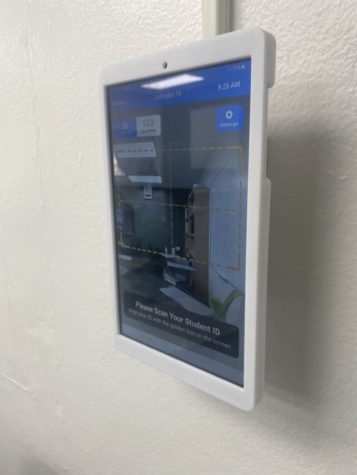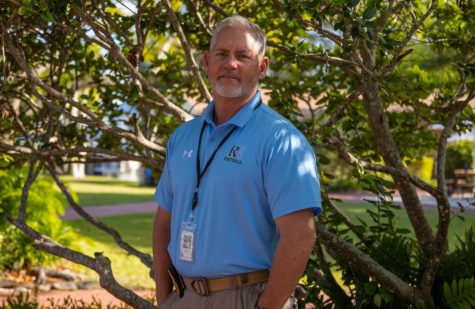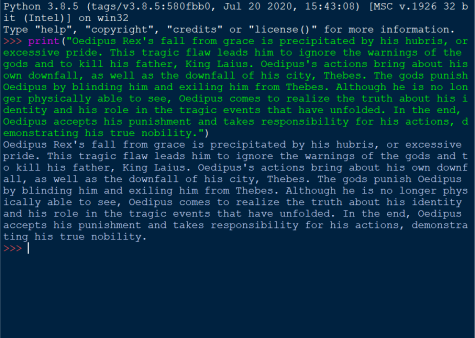Students expand their curriculum with independent studies
New opportunities foster intellectual curiosity and academic innovation on campus
This year, seven seniors became the pioneers exploring new territory in the Ransom curriculum — the new independent studies program. Although the program debuted this year, it has been many years in the making.
“It’s an idea that we’ve been talking about for a few years,” said Associate Head of School Dr. John King, who coordinates the program along with Ms. Bailey Farrell. “Increasingly we have students who have really compelling, passionate, scholarly interests that the regular courses we have do not accommodate.”
“It gives those students a way to pursue the things they want to pursue in a rigorous, structured way,” he said.
Experience is paramount. Doing is the best way to learn.
— Quinn Harrelson '19
Independent studies are an option for juniors and seniors and can take many forms, including an “interdisciplinary investigation, a practicum in the arts, an in-depth experiment, or an original research project,” as stated in the Course of Study.
This year’s projects reflect that diversity.
For example, Josh Ronis ’19 has been researching and programming various machine learning models — models that computers use to perform independent tasks based on patterns — including neural networks and decision trees. These models are used to analyze data and predict trends in the real estate and stock markets.
Leo Raztan ’19 is researching Alzheimer’s disease and epilepsy by observing and manipulating the genes of a neuron.
Cynthia Jelke ’19 and Luisa Guarco ’19 are both learning American Sign Language. Specifically, Jelke has been studying how sign language is used in the entertainment industry, such as sign language interpreters in large-scale concerts.
“I want to learn more about the American Sign Language community because they are often not thought of or marginalized. It is something I always considered doing,” Jelke said.
On the other hand, Guarco is studying the development of American Sign Language and how it affects people’s perceptions of the human experience.
“I chose sign language because it is a relatively young language,” she said. “Language is a medium. Deaf people experience the world in an entirely different way.”
Other students emphasized the value of the skills learned through more individualized and creative approaches to education. For his project, for example, Quinn Harrelson ’19 is a curator in residence for the Bakehouse Art Complex in Wynwood.
“We need to allow people to do things,” he said, “Jobs are changing, so education needs to change.” A show curated by Harrelson in November sought to explore the relationship between the artist and the collective by asking artists at the Bakehouse to create around the idea of being in common or being not in common. He is planning to curate more shows this spring.
Harrelson said he is gaining valuable experiences through the program. “Experience is paramount,” he said. “Doing is the best way to learn.”
Although the program gives students considerable autonomy and freedom, they do have to prepare themselves for rigor. All students meet with their faculty advisors — who have at least some expertise on the topics the students chose — on a weekly basis to assess their progress. They also engage in weekly seminars, run by Dr. King and Ms. Farrell, to discuss their work, reflect, and exchange ideas. Finally, they all have to work on a project to present at the end of the year or semester.
For example, Oliver Stern ’19, who has been working with History & Social Sciences teacher Mr. Greg Cooper on an exploration of the Middle East peace process, produced a 30-page research paper. The paper, which Stern hopes to publish, explores how the traditional rhetoric about the peace process doesn’t accurately capture political dynamics in the region today.
“Oliver’s paper shows the real value of a program like this,” Mr. Cooper said. “Focusing intently on this project really gave him the space to explore the topic in much more depth than a traditional course would have allowed. He had the flexibility to really look beneath the surface of this incredibly complex debate.”
Since the program is in the development phase, some obstacles have surfaced.
“One challenge is momentum,” Dr. King reported. “Some students have gotten stuck when things haven’t gone as planned or research led them in a different direction. The upside is that it helps students practice the skill of adapting and dealing with the unexpected.”
With work comes reward. “Basically [my goal] is to educate myself on an area I had no [prior] knowledge about,” Jelke said.
Ratzan agreed, and said that if he were to stay at RE for one more year, he would do an independent study again.
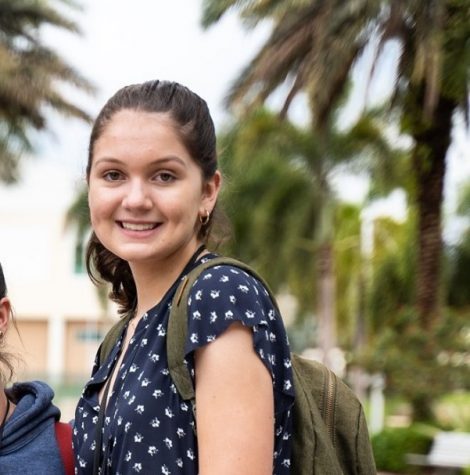
Liza Dill is the Opinion Editor of The Catalyst. For the 2019-2020 school year she served as Community News Editor. She has been contributing since her...


